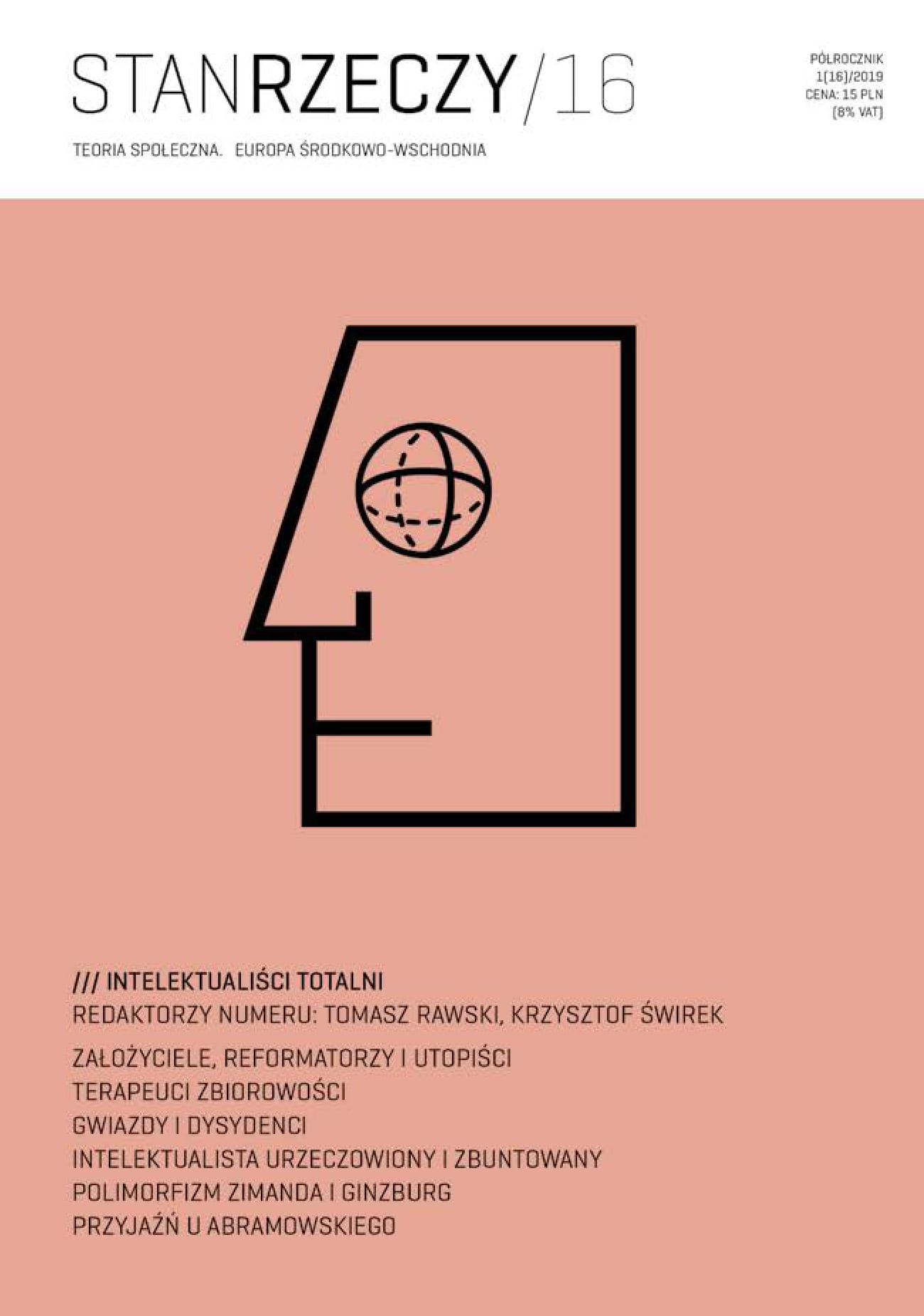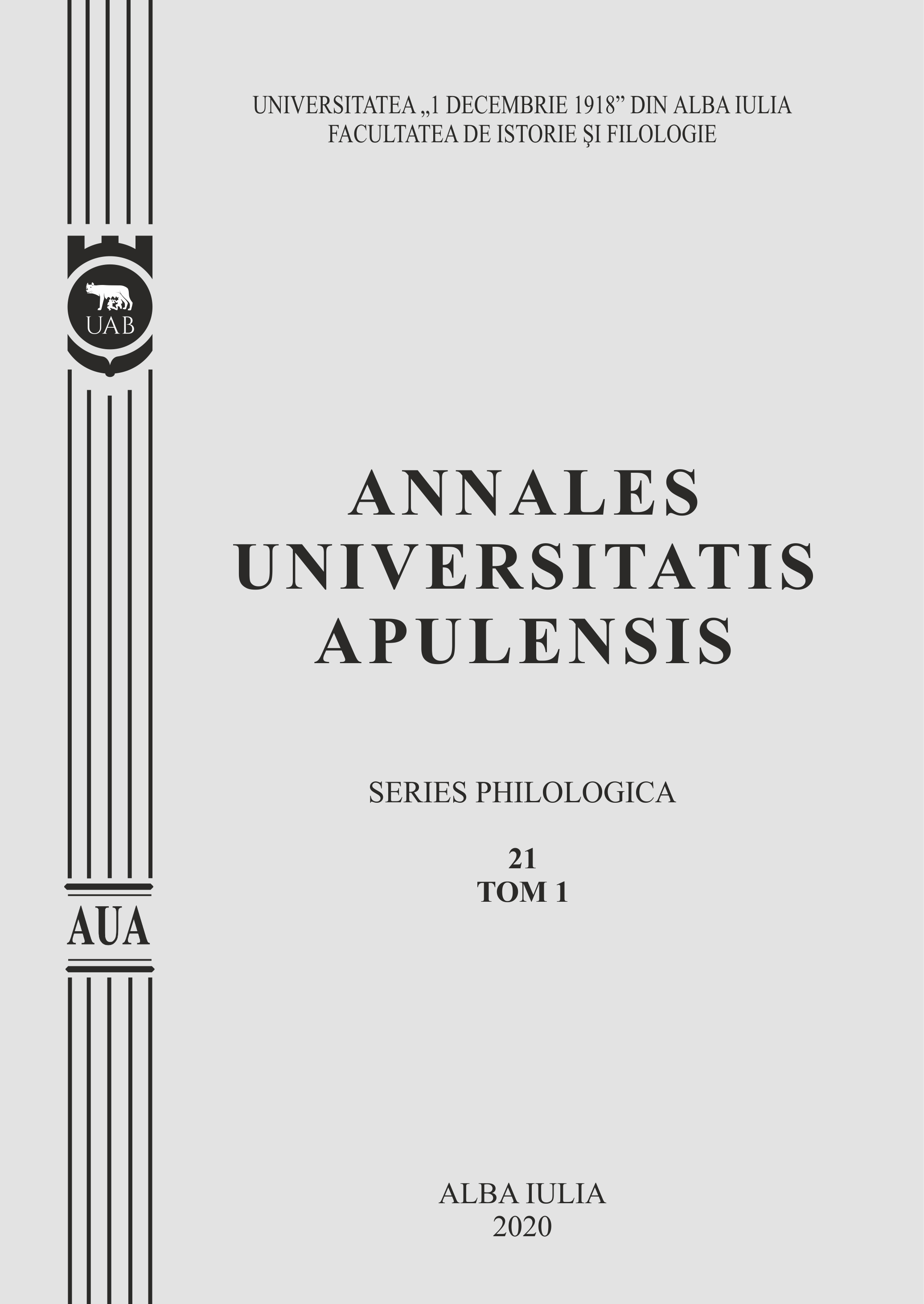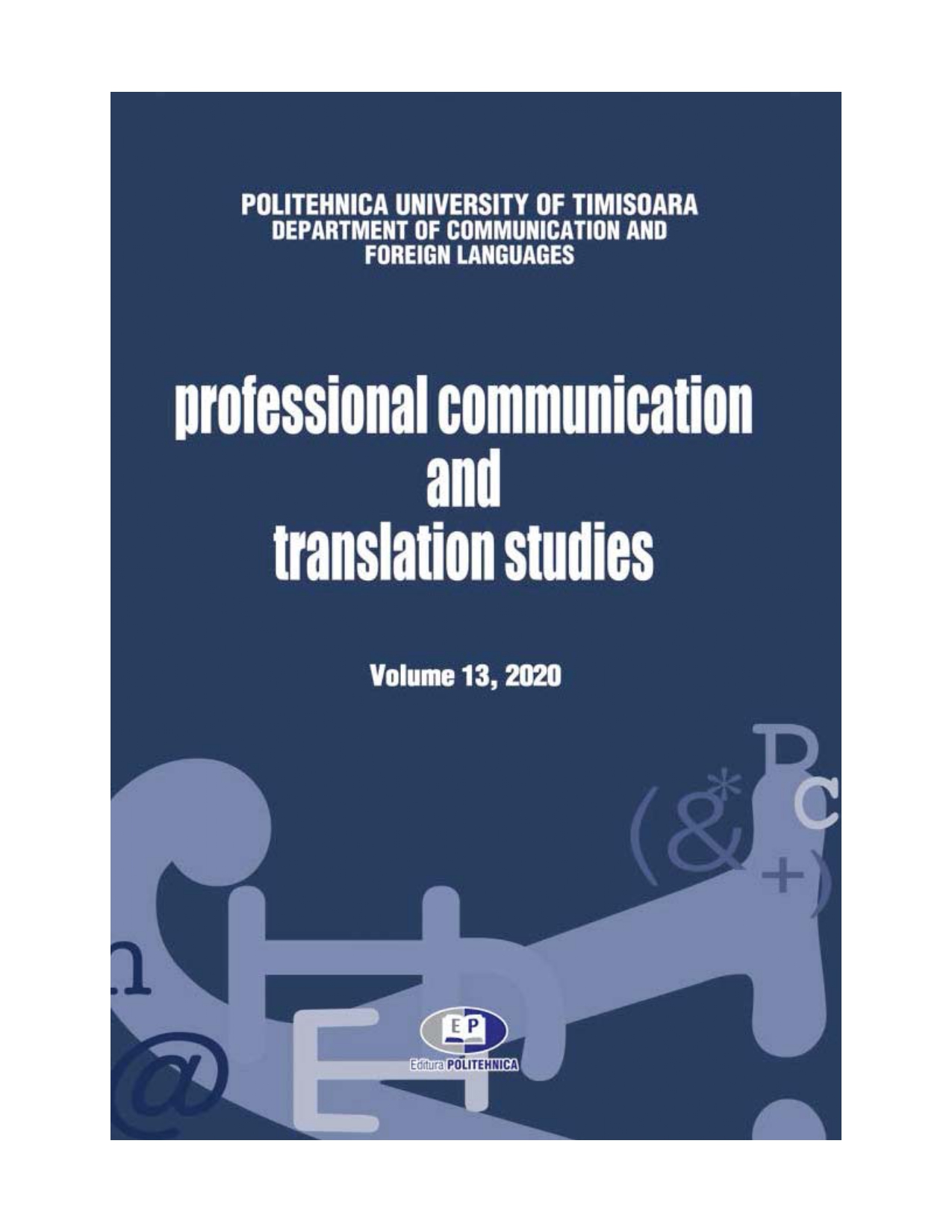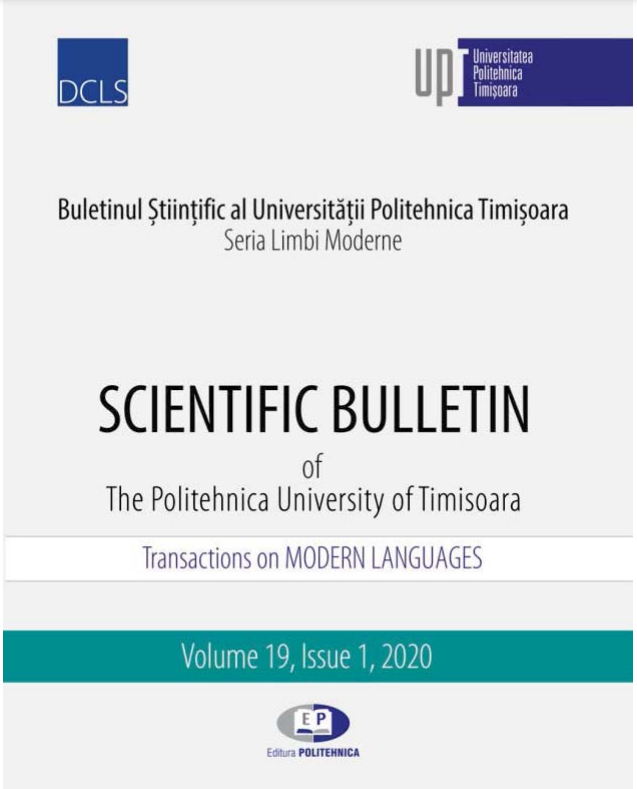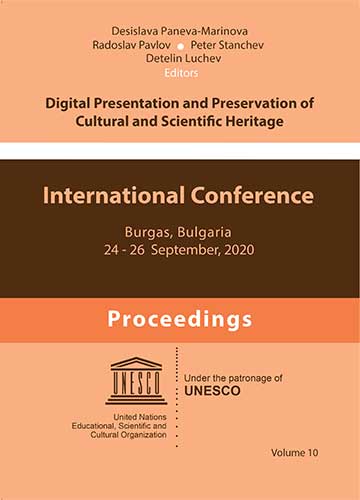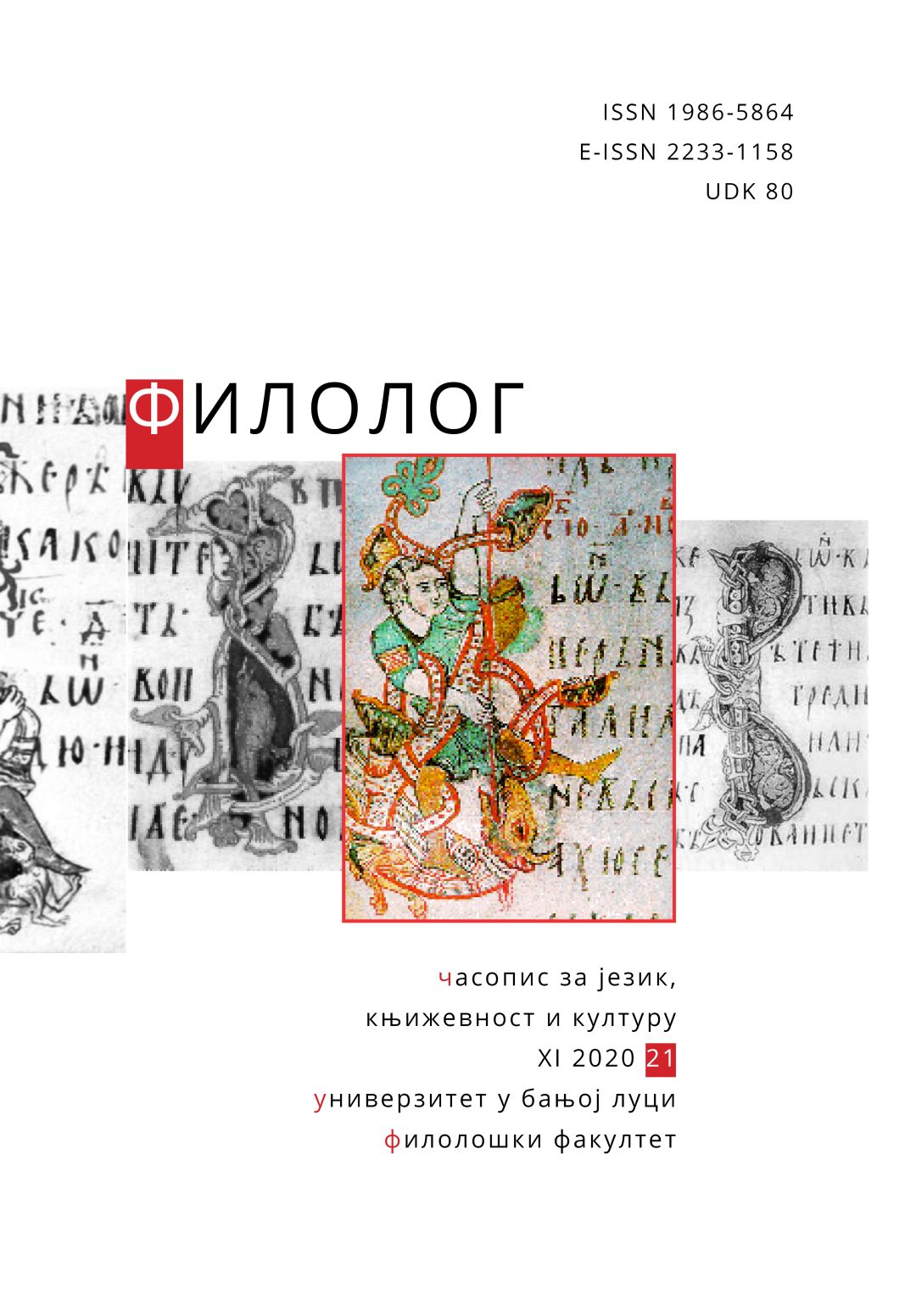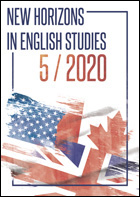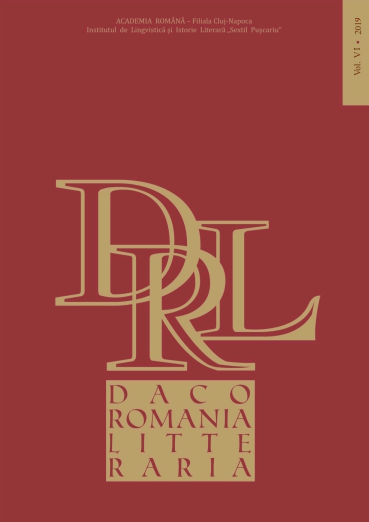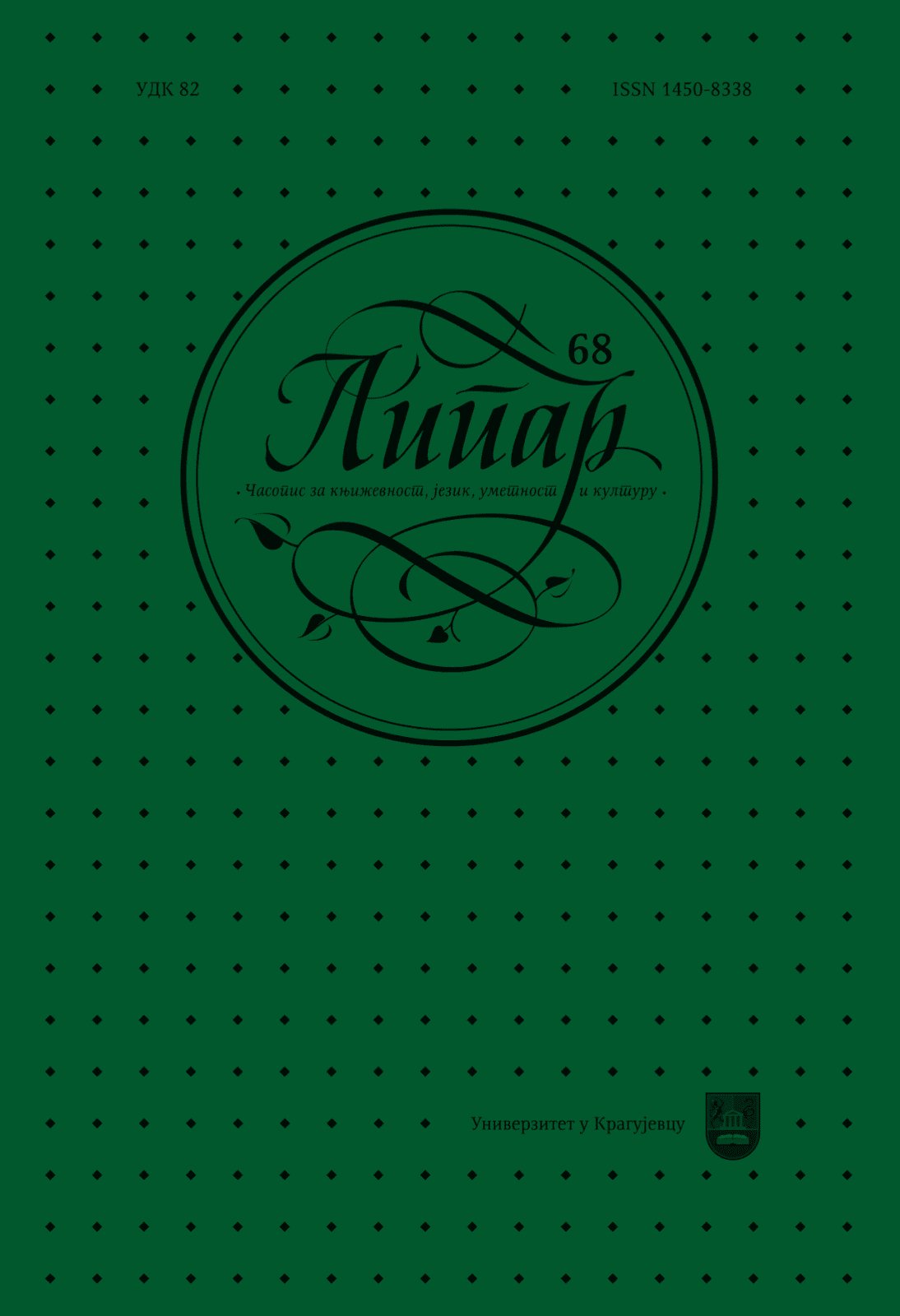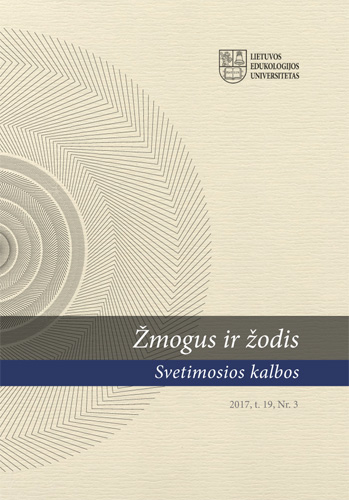
Moterų metaforinis depresijos suvokimas socialinių tinklų diskurse
Linguists are particularly interested in exploring how human emotions and feelings are expressed through or even shaped by metaphorical language. A highly sensitive discourse of illness is an area where metaphors play a significant role. Depression, being a very subjective and sensitive type of disease, appears to be an abstract notion and tends to be conceptualized metaphorically by sufferers. The present study aims at investigating metaphors for depression and its symptoms used by women in the Lithuanian social media discourse. The research was conducted within the framework of Critical Metaphor Analysis and was based on the data collected from Lithuanian social networking sites. The corpus of 22 694 words was compiled of posts written by women participants of groups for sufferers of depression. 184 metaphorical expressions were selected and then linked to a certain conceptual metaphor that they represent. The findings suggest that the most pervasive metaphors appear to belong to the containment metaphor group. Moreover, Lithuanian women tend to metaphorize a variety of depression symptoms among which anxiety is the most common one.
More...
